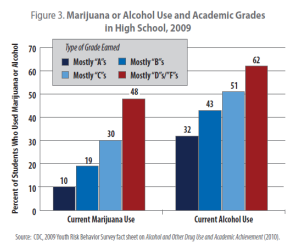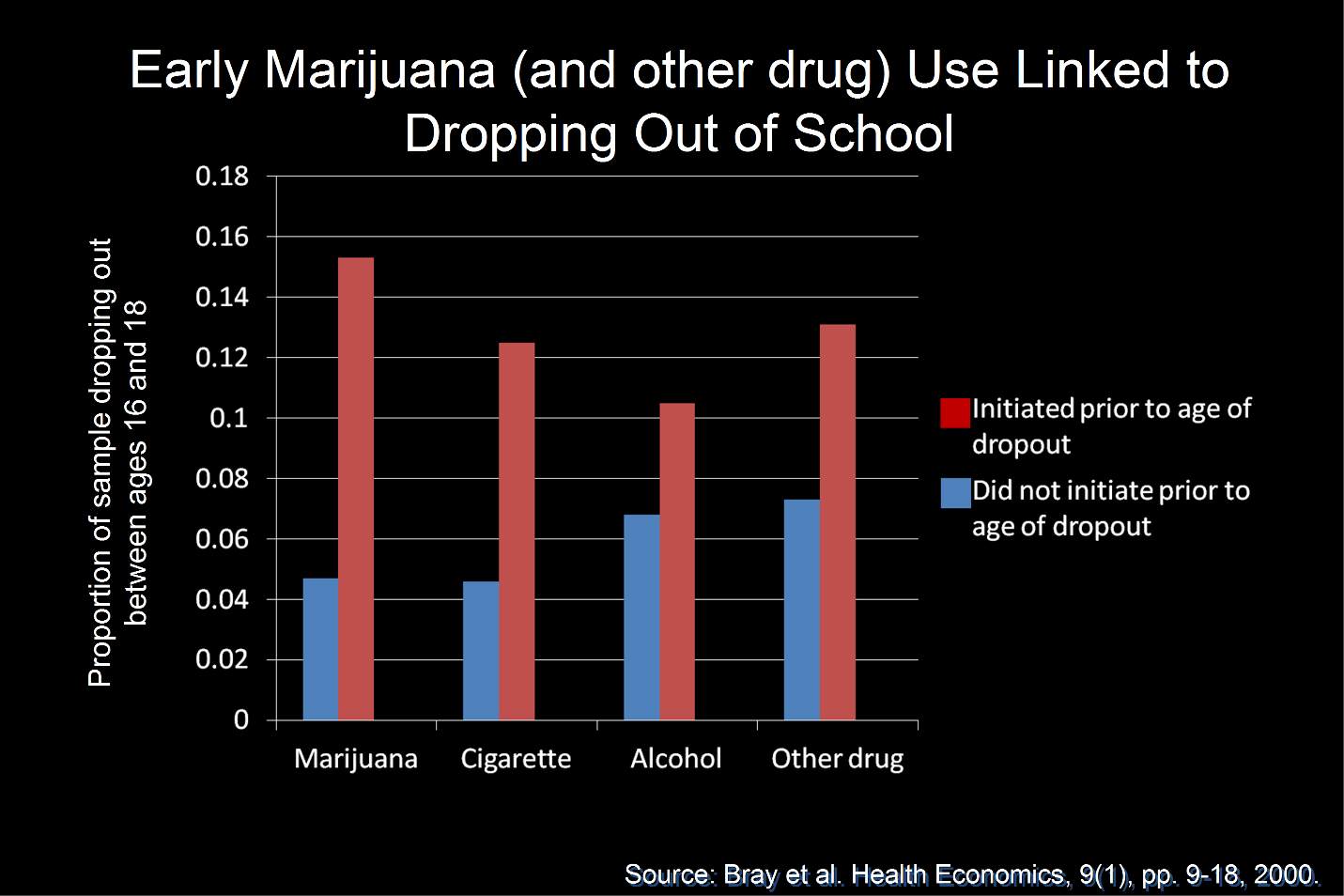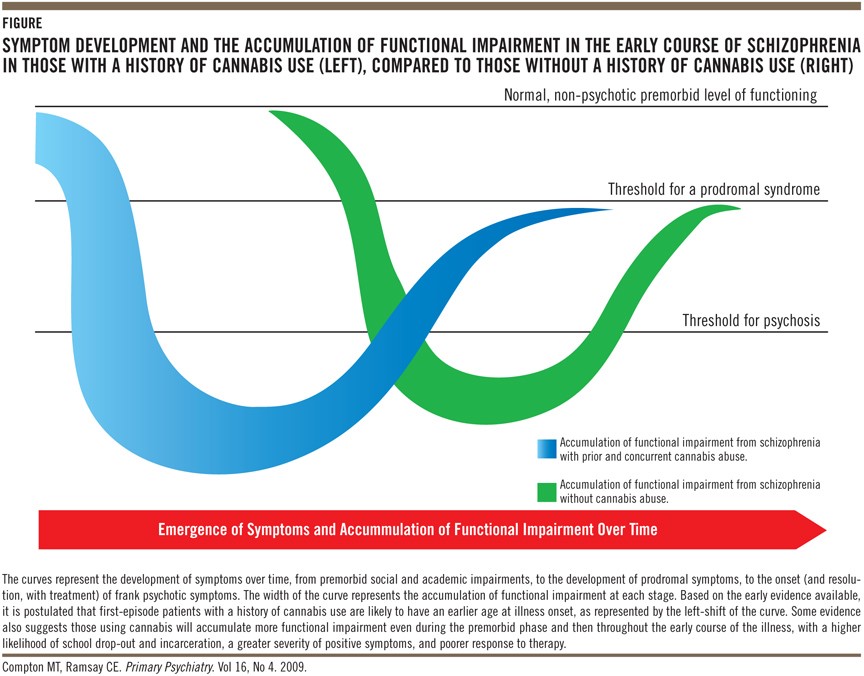Pot or Not? – The New Green Revolution

Sleep…the best vitamin ever!
December 11, 2019
Marriage on the Rocks
December 11, 2019
The New Green Revolution
Pot is getting a lot of good press lately. As the new “Green Revolution” really gets rolling (no pun intended) there is a concern that the growing popularity of marijuana as a medicinal agent, and legalization initiatives, will persuade young people that pot is safe.
Is it?
Recreational use of marijuana comes up quite frequently in our counselling practice. What does the research suggest?

Marijuana and the growing brain
Years ago we coined the term “The Adolescent Nosedive” to describe the scenario of a teenager who, although previously successful in school, suddenly crashes and burns. Report cards suddenly feature failing grades and absenteeism. Parents report moodiness and other personality changes.
Experienced practitioners learn that marijuana sometimes plays a key role. According to the latest medical research, regular marijuana use may be toxic to the developing brain. This in turn can lead to school failure and a troubled life.


Marijuana and schizophrenia
Several young people have attended our service after developing severe personality changes. In some cases, these kids were perfectly normal until the “zombie transition” when they began to walk and talk very slowly, failed to make eye contact, and exhibited odd or unusual behaviours. Sometimes they were paranoid. Not uncommonly, they would stop bathing and became dirty and disheveled.
Eventually, some of these young people were diagnosed by psychiatrists as having schizophrenia. This is a lifetime affliction which may be manageable but not always curable.
Could regular marijuana usage triggers such profound and terrible changes?
Research studies raise serious concerns. A link has been established between adolescent cannabis use and the onset of psychotic illnesses such as schizophrenia.

Young people who experiment with so called “soft drugs” like pot should be aware that:
- Drugs can damage your body in ways you may not be aware. This damage is not always reversible.
- The THC content of Marijuana in 2015 is often much higher than the pot used by your parents’ generation
- The adolescent brain is susceptible to damage as it grows
- Regular marijuana use has been linked with impaired memory, motivation, and concentration, all of which can impact negatively on academic performance (and life)
- In some vulnerable young people, marijuana may be associated with the onset of serious psychotic disorders including schizophrenia
The question then becomes:
“Why play Russian Roulette with your brain?”

Park Bench welcomes your feedback, stories, and questions and rebuttals. Please leave your comments:
References:
http://www.ncbi.nlm.nih.gov/pubmed/24741043
http://www.ncbi.nlm.nih.gov/pubmed/25939318


